“Maybe y’all will dance,” I said. “I’ll just take pictures of you.”
As soon as the words left my mouth during a trip with friends in mid-2021, I knew they weren’t true. Those words were familiar and even accurate in years past, but they no longer felt right coming from me.
I know it sounds outlandish to suggest that living through a global pandemic was the cure for my social anxiety, but that’s the way it seems. Not because I magically became an enthusiastic dancer, but because the sense of reservation that made me care that I’m not a dancer and instantly reject even the thought of “putting myself out there” (on the dance floor, in this case) had begun to fade.
In early March 2020 when COVID-19 still felt like a far away and unlikely threat, people on the internet were producing memes at lightning speed about what would happen if we actually did have to go into quarantine.
I’m a little bit older than “The Meme Generation” (Gen Z) but memes have become a regular part of the way I interact with the world and feel seen in it. For the modern internet user, memes give us a way to make light of our rising anxiety, connect with others who had the same kind of bad day that we did, or make fun of ourselves for the cringingly bad outfits, music taste, and MySpace profile pictures of our youth. We all have our favorite genre of memes. And as the reality of COVID-19 rolled into public consciousness, the introvert ones were mine.
One tweet read: “To prevent #Covid_19 stay home, avoid physical contact and don’t go into large crowds. Introverts: I’ve been preparing for this moment my entire life.” The tweeter included a GIF of Bart Simpson closing his bedroom blinds.
“Finally something I’m good at – staying home and avoiding people,” @HaikuRambler wrote on Twitter.
The @IntrovertLiving Twitter account, which is dedicated to memes that affirm introverts in our desires to cancel plans, avoid the public, and be left alone, posted this on March 10, 2020: “Hey…if any of you extroverts need tips on social distancing, we’ve been doing it for years already.”
In the early days of mandated social distancing, I would scroll through these memes and find amusement in the fact that I felt built for such a time as this. My dearly beloved status as a 100% remote worker was sure to be set in stone, I didn’t have to come up with excuses to get out of social events that were now being cancelled left and right, and I was surrounded by enough books to entertain me through at least three years of quarantine if need be.
The memes served their purpose of giving me a laugh through an uncomfortable—and crushingly sad, if I thought about it long enough—time in society and validating my tendency to favor being alone even when it was no longer optional. It was funny to think that the pandemic was an ideal scenario for us introverts who get our energy from spending time by ourselves and not an unfortunate event that would bury us in the worst of our antisocial habits. It was funny to pretend that we don’t need each other. Isolation became the perfect punchline, and I ate it up.
But then many of us crawled out of our quarantine caves some months later with the news that gathering outdoors was somewhat safe. With clearer guidance on COVID-19 transmission, we began to decrease the amount of distance in our social distancing.
I noticed that we rushed to do the simplest things, like drink wine together on a friend’s porch at her purple house and declare how much we’d missed being at that purple house. My league of mostly untethered women took the art of showing up for each other more seriously than I’d ever seen, with as much—if not more—intentionality as we’d give to dating.
The groupchat became a sacred place because, for a while, it was the only place we had. And when we once again had each other, we opened up with gusto to share both our vulnerabilities and our delights, our hopes and our sorrows.
We lingered longer before leaving, took more risks with one another, and grew close in a short amount of time because time was suddenly something we realized was limited and uncertain. After coming out healthy on the other side of a crisis, we experienced why C.S. Lewis called friendship “one of those things which give value to survival.”
I finally became willing to acknowledge that the need for connection is a fundamental part of being human, whether you’re an introverted human or an extroverted one. To want to be wanted, included, and part of a group isn’t anything to be ashamed of. I thought that allowing myself to connect deeply with others seemed like the type of thing that gives people the weapons they would need to stab me in the back, and that’s because it is. But without the willingness to give vulnerability a chance, we remain stuck in a loneliness of our own making, out on an island we occupy all on our own.
That might sound like an introvert’s dream, but sitting in my one-bedroom apartment stripped of the choice whether to engage with others or not, I learned that the island isn’t sustainable. After 1.5 years of a pandemic with no end in sight, I know that it’s a risk worth taking. I’m willing to risk my autonomy for close friendship and sacrifice some of my alone time and secrets for the same reason I’m willing to publish this series of essays about the personal thoughts I had during lockdown. I simply don’t care to hide or protect myself from judgement as much anymore. I’ve spent a whole year, a whole life hiding.
“The essence of friendship is entireness, a total magnanimity and trust,” wrote Ralph Waldo Emerson. My zeal for bringing my entire self to the relationships in my life swelled during the period when I had time to miss them. The pandemic made me want to relate less to the memes suggesting that the company of others is undesirable or unnecessary.
I’m updating my “privacy policy” for close friends, who I see as indispensable now.
I will be more vulnerable and you can be too.
I will accept the awkwardness that comes with getting to know each other and doing what it takes to stay in each other’s lives.
And although I will remain an introvert who needs time to recharge after we spend time together, I will view that time together as an essential element of my wellbeing and yours.
I spend a lot of time with a few friends I met mere weeks before lockdown. As our connections deepened over texts, while swimming in pools six feet apart, and through conversations we had while wearing masks, I saw friendship at its simplest and most alluring. And suddenly the introvert jokes weren’t as funny anymore.
In theory, I knew I needed people. But now I have proof that sharing my life with those who are willing to share theirs with me is worth giving away a little of my privacy and comfort. These pandemic relationships, these stripped down forms of friendship showed me just how easy it can be.
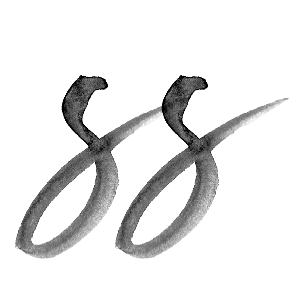

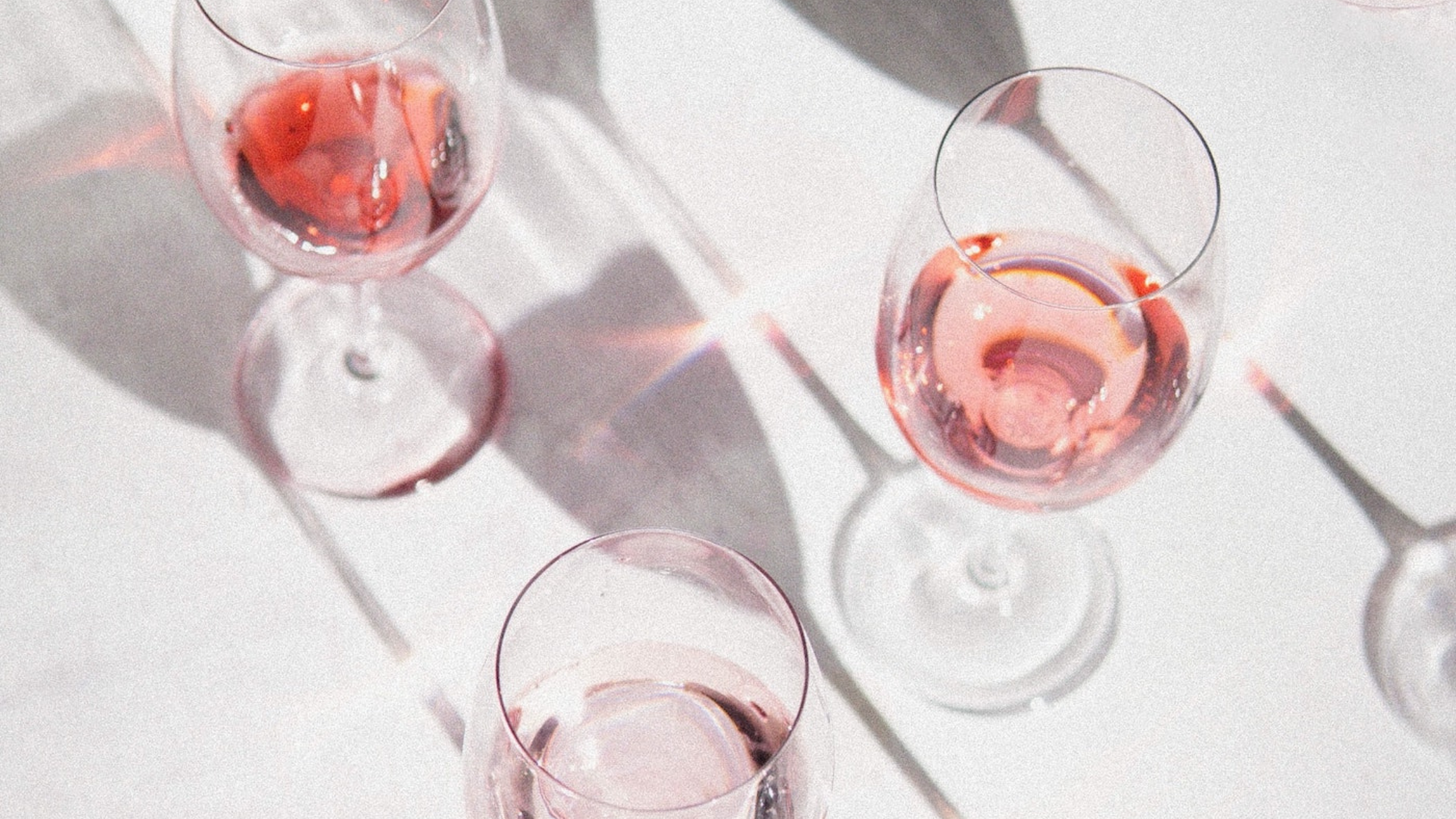
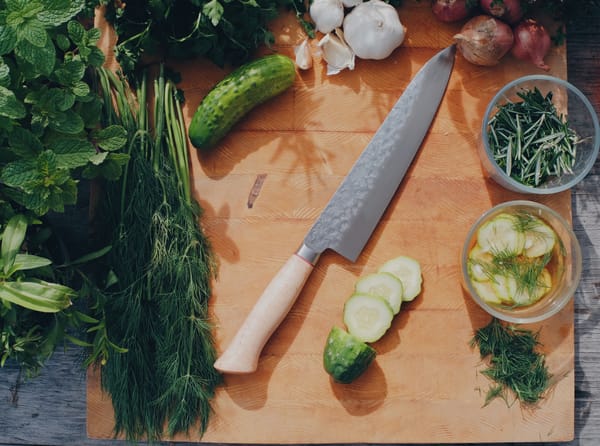
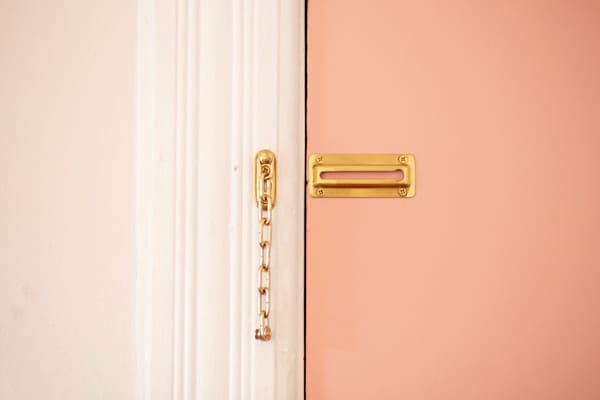
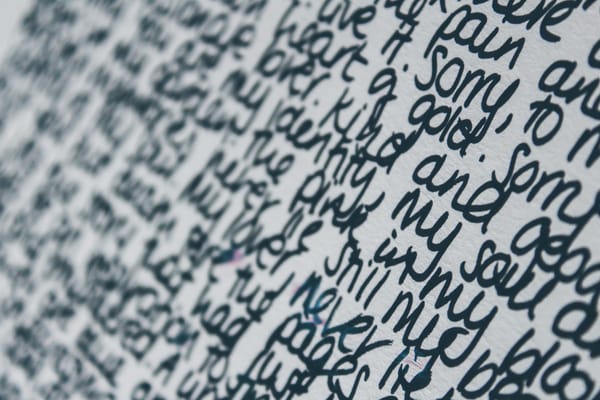
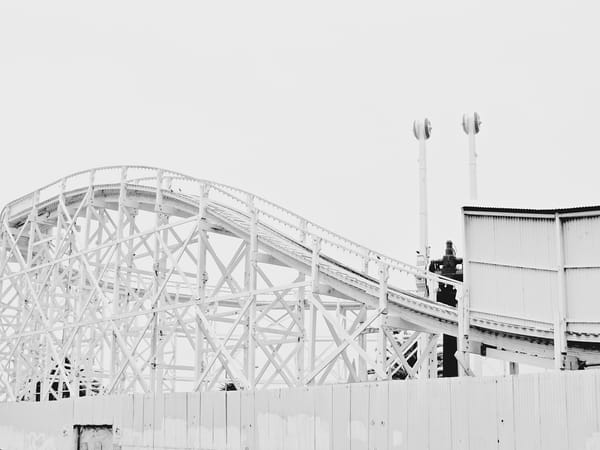
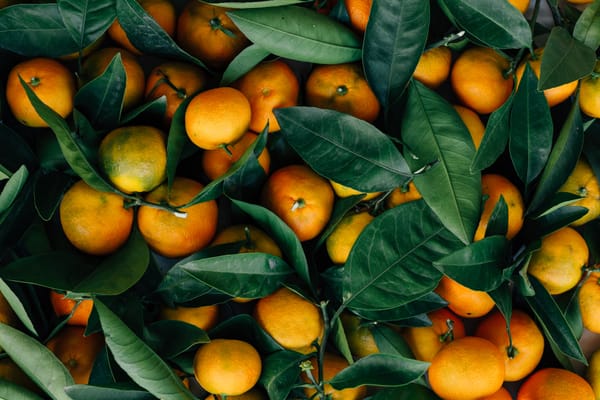
Member discussion